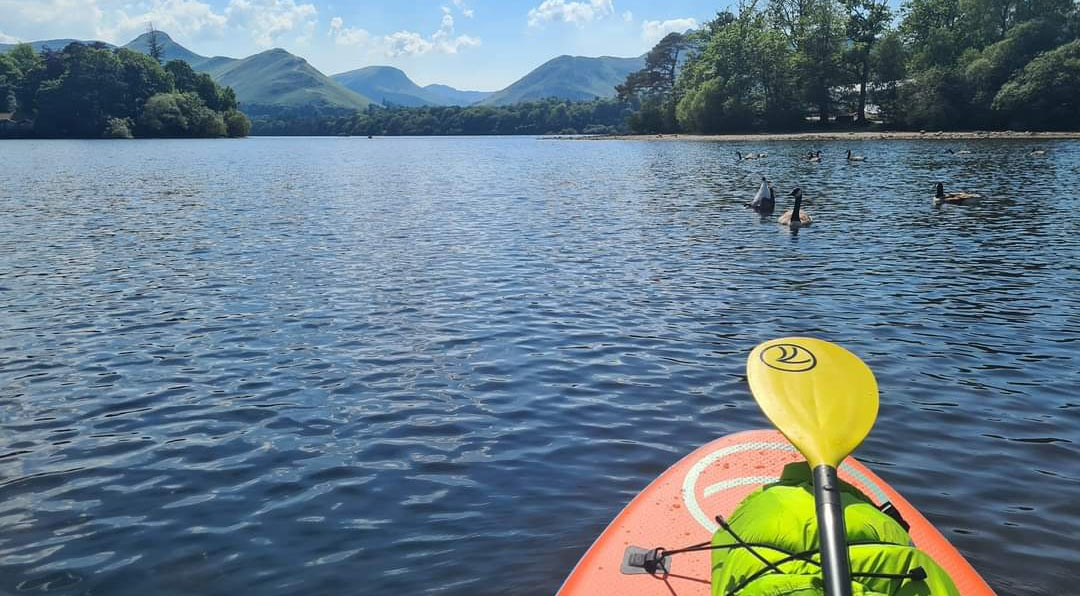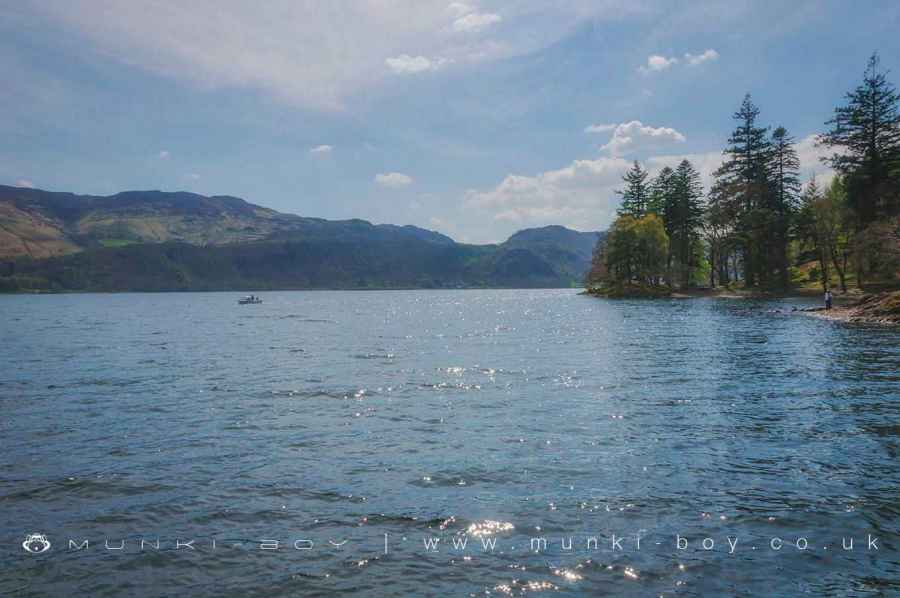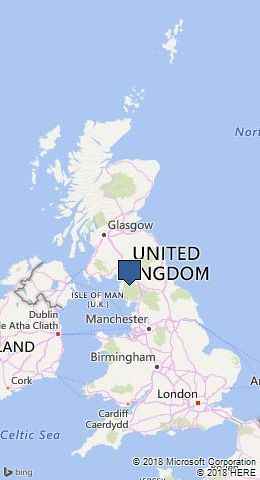
Derwentwater Paddleboarding by Rebecca Goodwin
Derwentwater
Derwentwater is in The Lake District National Park in England.
Derwentwater, also known as Derwent Water, is a stunning and serene body of water located in the heart of the Lake District National Park, in the northwestern part of England. Renowned for its breathtaking scenery and peaceful atmosphere, it’s a beloved destination for both tourists and locals alike.
Location and Accessibility The lake is conveniently situated just a ten-minute walk from the bustling town of Keswick. This close proximity to Keswick makes Derwentwater a popular choice for visitors looking to combine the tranquility of the lake with the amenities and attractions of a town. The easy accessibility allows everyone, regardless of their interest in hiking or extensive walking, to enjoy the natural beauty and charm of the area.
Physical Characteristics Derwentwater spans approximately 3 miles (4.8 km) in length and 1 mile (1.6 km) in width. It reaches a depth of about 72 feet (22 m), making it not only beautiful but also a significant body of water in the region. The lake is primarily fed by the River Derwent, which originates in the high fells at the head of Borrowdale. The geography of the area is further enhanced by the rising fells of Cat Bells to the west and the presence of Friar’s Crag to the east, creating a picturesque setting that encapsulates the essence of the Lake District.
Activities and Exploration For those looking to explore Derwentwater, there are options to suit all energy levels and interests. A walk around the lake covers about 8 miles (12.8 km) and offers stunning views and a chance to immerse oneself in the natural beauty of the area. Alternatively, for a more leisurely experience, the Keswick Launch offers a 50-minute lake cruise. This cruise is an excellent way for visitors to see the lake from a different perspective, without the need for extensive walking or hiking.
Islands and Historical Significance Derwentwater is home to several islands, each with its own unique charm and history. The most notable among them is Derwent Island, the only inhabited island. Derwent Island House, an 18th-century residence located on the island, is a tenanted National Trust property. It’s open to the public on select days each year, offering a rare glimpse into the historical living quarters and lifestyle of the area.
Other significant islands include Lord’s Island, St Herbert’s Island, and Rampsholme Island, along with smaller ones like Park Neb, Otter Island, and Otterbield Island. Lord’s Island, once the home of the Earl of Derwentwater, still bears the ruins of the house hidden in undergrowth, adding a touch of historical intrigue. St Herbert’s Island is famed for being the retreat of a 7th-century hermit or anchorite, named after whom the island is.
Conservation and Ownership In keeping with the importance of preserving the natural and historical beauty of the area, all the major islands on Derwentwater are owned by the National Trust. This ensures that they are maintained responsibly, allowing visitors to enjoy their natural splendor while protecting the local ecosystem and historical sites.
Derwentwater, with its rich history, stunning scenery, and range of activities, truly encapsulates the spirit of the Lake District. Whether it’s for hiking, historical exploration, or simply soaking in the tranquility, Derwentwater offers a perfect slice of English countryside charm.
Created: 27 November 2016 Edited: 29 November 2023

Derwentwater Details
Derwentwater is a large freshwater lake in Cumbria, situated at an altitude of around 76 meters and is shallow.
The shoreline of Derwentwater is approximately 16.327 Kilometers all the way round.
- Altitude: 76 m
- Shoreline: 16.327 Km
- Depth: Shallow
Derwentwater
Local History around Derwentwater
There are some historic monuments around including:
Reecastle Crag hillfortGoldscope copper and lead mines and remains of associated dressing floors, stamp mill, dressing mill, reservoir and leatsDale Head copper mine 300m north east of Dale HeadBowl barrow on Brund FellSlight univallate hillfort on Castle CragDale Head copper mine dressing floors and associated buildings 400m north of Dale HeadShoulthwaite Gill hillfort, ThirlmereCastlerigg stone circle and two bowl barrowsSt Thomas' Work Elizabethan copper mine 320m north west of Grey ButtressLong Work 16th and 17th century copper mines, 400m north west of Waterfall Buttress.Wildlife in and around Derwentwater
Derwentwater Birds
There are 168 species of birds recorded as found near Derwentwater.
| (Strix aluco subsp. sylvatica) |
| Bar-Headed Goose (Anser indicus) |
| Barnacle Goose (Branta leucopsis) |
| Black Grouse (Tetrao tetrix) |
| Blackbird (Turdus merula) |
| Arctic Tern (Sterna paradisaea) |
| Barn Owl (Tyto alba) |
| Bean Goose (Anser fabalis) |
| Black-Headed Gull (Chroicocephalus ridibundus) |
| Blackcap (Sylvia atricapilla) |
Tap here for more wildlife found near Derwentwater lake





